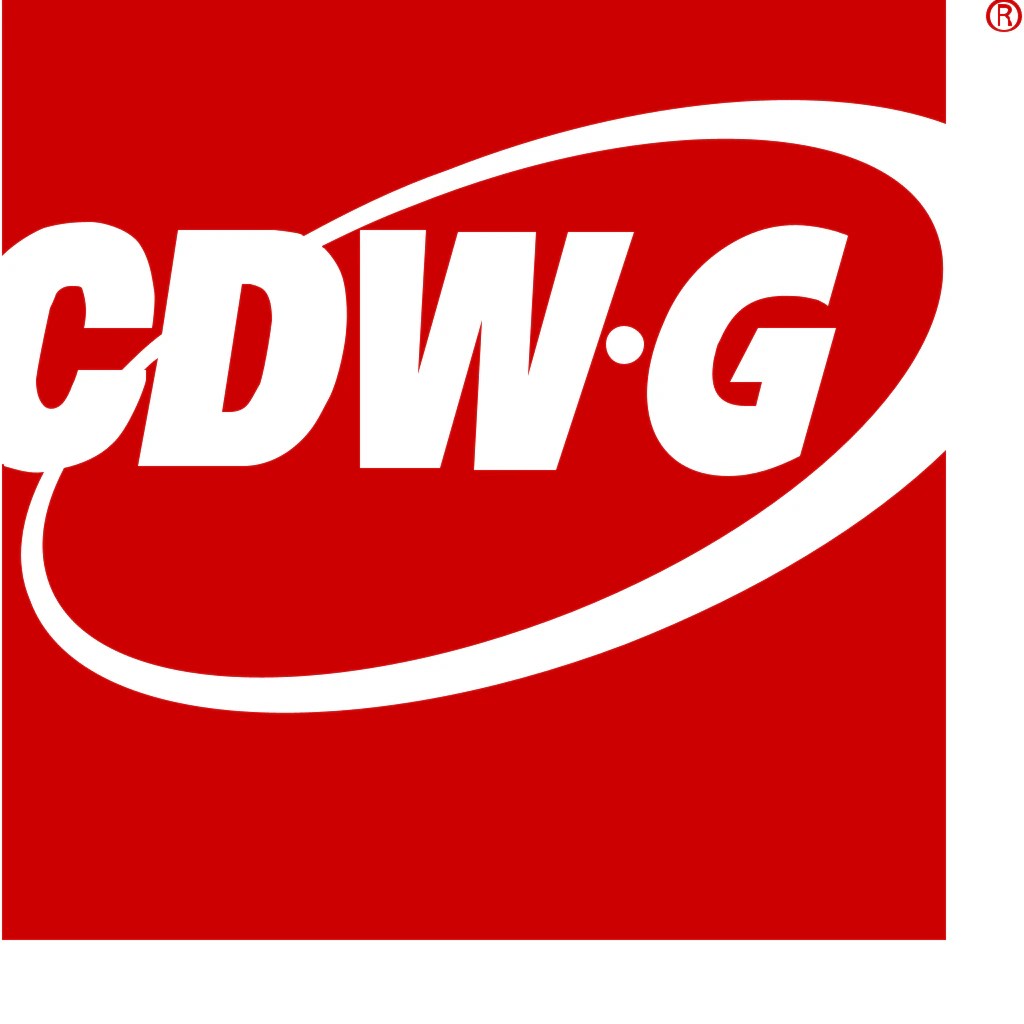Understanding CDW: Comprehensive Guide To Collision Damage Waivers
In the world of car rentals, understanding the implications of a Collision Damage Waiver (CDW) can save you money and stress. A CDW is an essential aspect of car rental agreements that protects renters from financial liability in case of vehicle damage. This article will provide a thorough understanding of CDW, its benefits, and how it works. Additionally, we will explore important considerations when renting a vehicle and the various aspects of CDW that every renter should know.
The concept of a Collision Damage Waiver can often be confusing for first-time renters. By breaking down the details, this article aims to clarify what a CDW entails, the reasons one might consider purchasing it, and how it integrates with other insurance options. Whether you're a frequent traveler or planning your next vacation, knowing about CDW can significantly impact your rental experience.
As we delve into the specifics of CDW, we will also highlight common misconceptions, legal implications, and alternatives available to renters. By the end of this comprehensive guide, readers will be equipped with the knowledge to make informed decisions about CDW and car rentals in general.
Table of Contents
- What is CDW?
- How Does CDW Work?
- Benefits of CDW
- Limitations of CDW
- CDW vs. Personal Insurance
- When Should You Purchase CDW?
- Alternatives to CDW
- Frequently Asked Questions
What is CDW?
A Collision Damage Waiver (CDW) is a type of insurance offered by car rental companies that waives the renter's financial responsibility in the event the rental car is damaged or stolen. Essentially, it protects the renter from having to pay for repairs or replacement costs of the vehicle. Here are some key points about CDW:
- CDW is not technically insurance; it is a waiver that relinquishes the rental company's right to collect damages.
- It usually comes with a daily fee, which varies by rental agency and location.
- CDW coverage may be limited to certain circumstances, so understanding the terms is crucial.
How Does CDW Work?
When you rent a car and opt for CDW, you agree to pay a fee that covers potential damages to the vehicle. Here’s how it typically works:
- Upon renting the vehicle, the rental company will present the CDW option.
- If you accept, the fee is added to your rental cost.
- In the event of an accident or theft, you must report the incident to the rental company.
- The rental company will then assess the damages and determine if CDW applies.
It’s essential to read the terms and conditions associated with CDW to understand what is covered and what is not.
Benefits of CDW
There are several advantages to purchasing a CDW when renting a car:
- Financial Protection: CDW limits your financial liability for damages to the vehicle.
- Simplicity: It simplifies the claims process, as you deal directly with the rental company.
- Peace of Mind: Knowing you are protected can reduce stress while traveling.
Limitations of CDW
While CDW offers numerous benefits, there are also limitations to be aware of:
- CDW may not cover all types of damages, such as damage to tires or windows.
- It typically does not cover personal belongings that may be damaged or stolen from the vehicle.
- In certain cases, fraud or reckless driving may void the coverage.
CDW vs. Personal Insurance
Many renters often confuse CDW with personal auto insurance. Here are some comparisons:
Personal Auto Insurance
- May cover rental cars, but policy specifics vary by provider.
- Often includes a deductible that you need to pay before coverage kicks in.
CDW
- Offers a straightforward waiver of liability without deductibles in most cases.
- Is limited to the rental period and does not extend beyond that.
When Should You Purchase CDW?
Deciding whether to purchase CDW depends on several factors:
- If you do not have personal auto insurance that covers rentals.
- If you plan to drive in unfamiliar areas where accidents may be more likely.
- If you are renting a high-value vehicle that could incur significant repair costs.
Alternatives to CDW
There are various alternatives to consider if you’re hesitant about purchasing CDW:
- Credit Card Coverage: Some credit cards provide rental car insurance when used to book the rental.
- Third-Party Insurance: You can purchase insurance from third-party providers that may cover rental cars.
- Personal Insurance: Check with your personal auto insurance provider to see if your policy covers rentals.
Frequently Asked Questions
Here are some common questions regarding CDW:
- Is CDW mandatory? No, CDW is optional, but it is recommended for added protection.
- Can I decline CDW? Yes, you can decline CDW if you have alternative coverage.
- What happens if I damage the rental car? If you have CDW, you may not be held financially liable, depending on the terms.
Conclusion
In summary, a Collision Damage Waiver (CDW) is an important consideration for anyone renting a vehicle. It can provide financial protection and peace of mind when driving a rental car. However, it’s crucial to understand the benefits, limitations, and alternatives to CDW to make an informed decision.
We encourage you to leave a comment below if you have any questions or share your experiences with CDW. Don’t forget to explore our other articles for more insightful information on car rentals and travel tips.
Closing Thoughts
Thank you for reading our comprehensive guide on Collision Damage Waivers. We hope you found the information valuable and that it helps you make informed decisions in your future car rental experiences. We look forward to seeing you again soon!
Baddies Only: Unlocking The Secrets Of Empowerment And Confidence
The Ultimate Guide To Ice Cream: History, Types, And Recipes
Johnny Knoxville: The Life And Career Of A Fearless Entertainer


